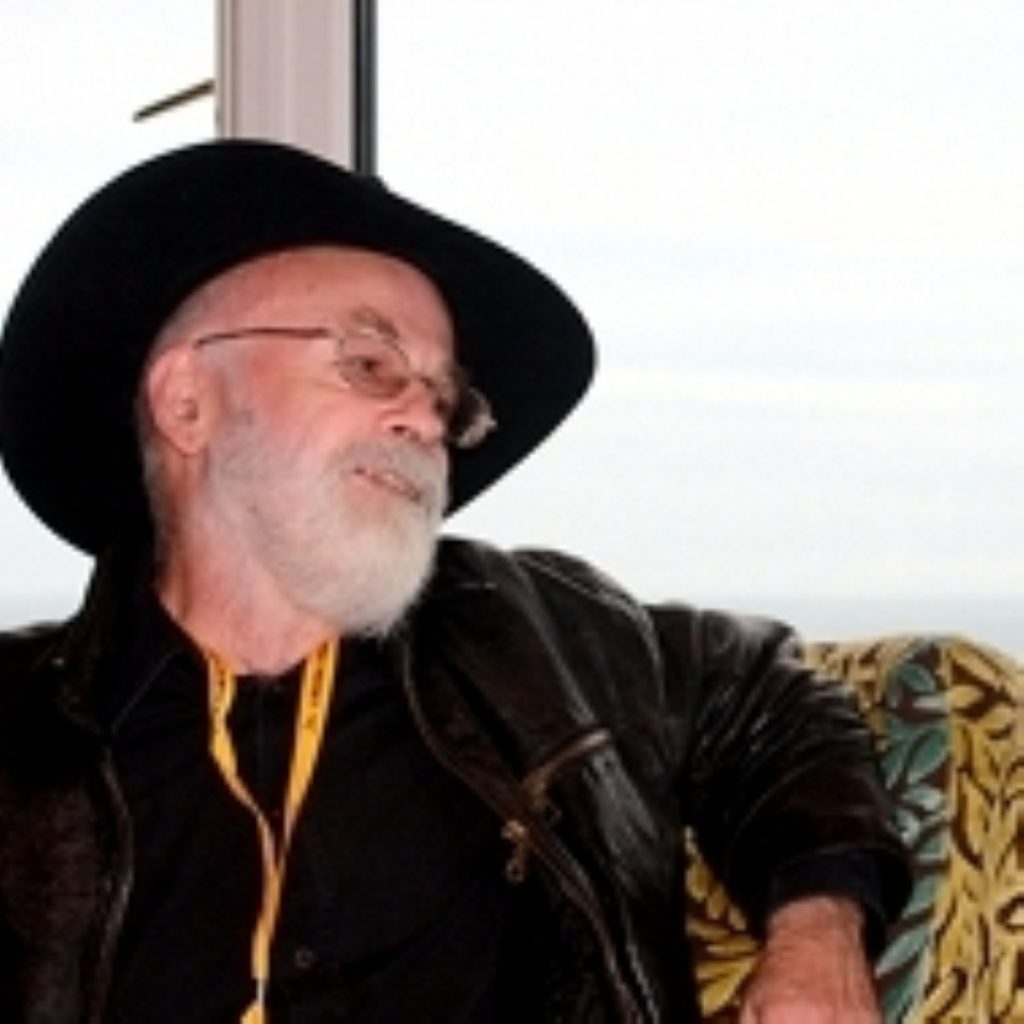BBC under fire for ‘flagrant breach’ of impartiality
By Ian Dunt Follow @IanDunt
The BBC was accused of breaching its own guidelines today after it screened a programme in which a man took his own life at Swiss clinic Dignitas.
The programme, Choosing to Die, also featured celebrated fantasy novelist Sir Terry Pratchett, who has become a very public assisted suicide campaigner since he was diagnosed with Alzheimer's.
"This is yet another blatant example of the BBC playing the role of cheerleader in the vigorous campaign being staged by the pro-euthanasia lobby to legalise assisted suicide in Britain," said Care Not Killing campaign director Dr Peter Saunders.


"The BBC is in flagrant breach of both its own guidelines on suicide portrayal and also its public duty to remain impartial. This will inevitably lead to further criticism of bias and will only serve to place the lives of more vulnerable people at risk."
The film, which follows Sir Terry as he travels to Switzerland with a British man suffering from motor neurone disease as he visits the Dignitas clinic to end his own life, would help viewers make up "their own minds", the BBC said.
In a blog post on the corporation's website, director Charlie Russell wrote: "When Peter, the man who dies on-camera in the film, agreed to let us record his end, the challenge was to film it respectfully, sensitively, but most of all truthfully.
"We don't romanticise it – there could be no fade to black before he drank the poison.
"It is up to you to decide whether his last moments are deeply moving, distressing, or rather ordinary. I suspect it is a little bit of each of these and, depending on your own family's experiences, so much more."
Speaking on Newsnight, Sir Terry said assisted suicide offered "dignity of life".
He added: "I was ashamed that British people had to drag themselves to Switzerland at some considerable cost."
The Suicide Act 1961 makes a specific offence of 'criminal liability for complicity in another's suicide', but in practise families who help their loved ones travel to the Dignitas clinic are rarely, if ever, prosecuted.
Such a move would require the consent of the attorney general, who has typically balked at the idea of pursuing a legal route to halting the practise, especially given the highly emotional and volatile coverage that would ensue.
The law has been reviewed since 1961, but has not been substantially changed, despite regular attempts by backbenchers in parliament.

